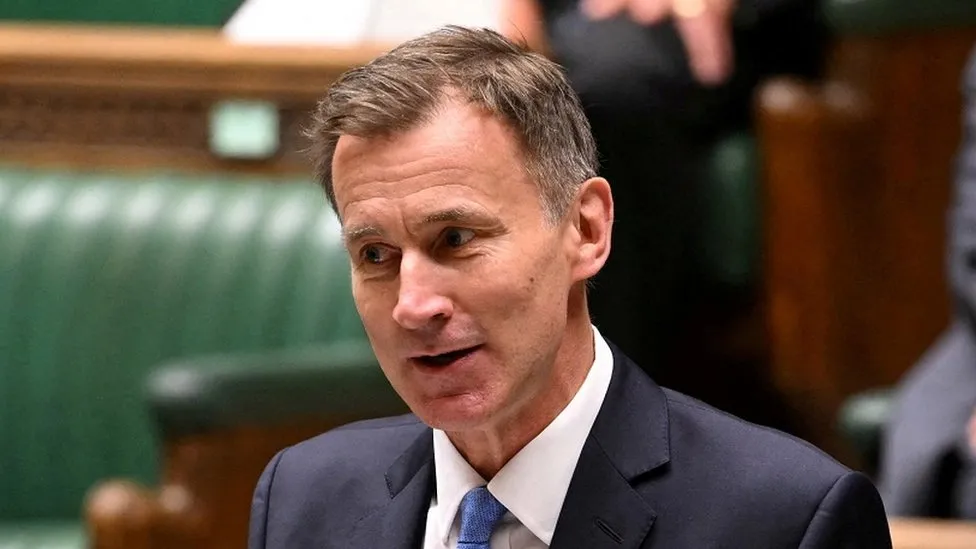Tories Delve into the Possibility of Scrapping Non-Dom
The UK Chancellor, Rishi Sunak, is reportedly considering the abolition of the non-domiciled (non-dom) tax status, a regime that allows individuals who live in the UK but are domiciled overseas to pay tax only on income generated in the UK. Non-doms do not pay UK tax on income earned abroad. The potential move is part of the government’s exploration of options to either increase tax revenue or reduce spending ahead of the Budget. Research suggests that scrapping the non-dom regime could generate £3.6 billion for the government. Non-domiciled individuals, including high-profile figures like Akshata Murty, wife of Rishi Sunak, have been known to benefit from this tax status. However, Murty committed to paying UK tax on her overseas income two years ago.
The non-dom regime has long been defended by conservatives, with Chancellor Jeremy Hunt emphasizing its role in attracting wealthy individuals to live and work in the UK. The potential scrapping of the regime reflects the government’s pursuit of funds to afford tax cuts for the wider population. Other options under consideration include cutting spending assumptions in government departments, introducing a new tax on vaping, and increasing taxes on tobacco.
Scrapping non-dom tax status could be a politically sensitive move, considering the historical defense of the regime by conservatives. However, with pressure to find additional funds for tax cuts and the potential revenue generation from such a move, it remains under consideration. The Labour Party has indicated that, if the non-dom regime is scrapped, they would use the generated funds for schools and the NHS. The outcome of this consideration will likely have significant implications for the upcoming Budget and the broader economic policy landscape in the UK.
















































Comment Template